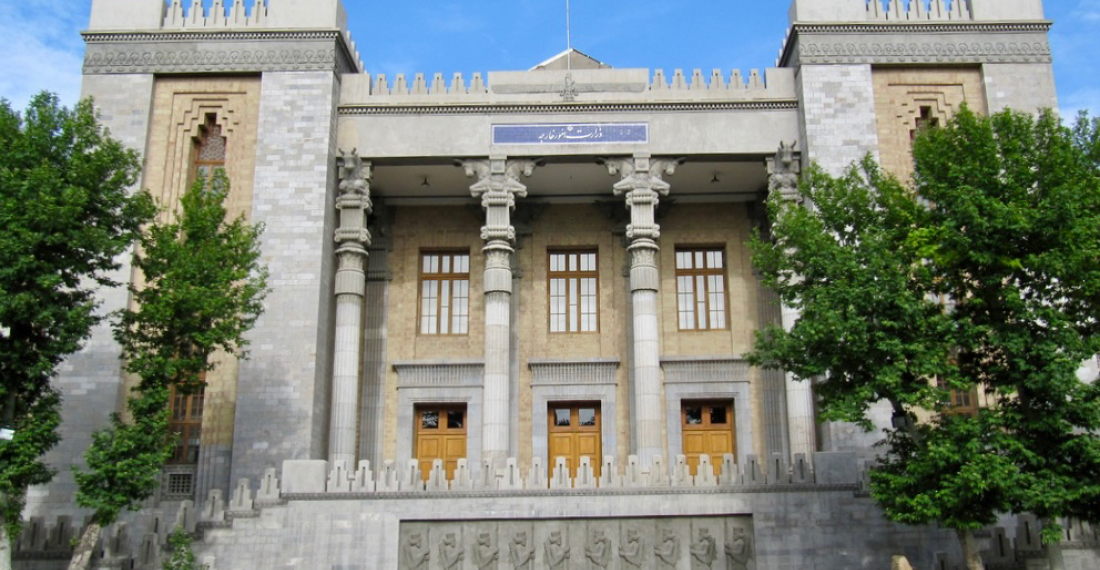Iran has reacted positively to the news of an end of the Karabakh war, and of the agreement brokered by Russia between Armenia and Azerbaijan
The Iranian Ministry of Foreign affairs in a statement said "Iran hopes that this agreement, the principles of which were included in the proposal of the Islamic Republic of Iran, will be finalized for lasting peace in the Caucasus."
The statement also stressed the need to respect Iranian sovereignty and territorial integrity, return refugees and remove foreign fighters from the region. Iran reaffirmed its readiness to contribute to the achievement of lasting peace and security in the region and to participate in regional initiatives, including peacekeeping initiatives.
"The Islamic Republic of Iran also declares its readiness to assist in the deployment of peacekeeping forces of the Russian Federation along the lines of contact in accordance with clauses 3 and 4 of the ceasefire agreement."
President Rouhani discussed the issue of Karabakh at the SCO Heads of State Council summit meeting and expressed his satisfaction with the recent decision by the leaders of the two countries with the Russian Federation's intervention to end the military conflict and begin the process of diplomatic resolution. President Putin praised the position of Iran and called for peaceful development in the region.






